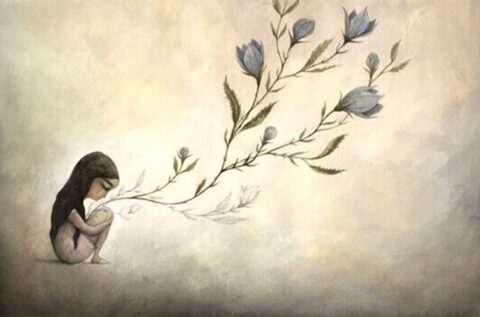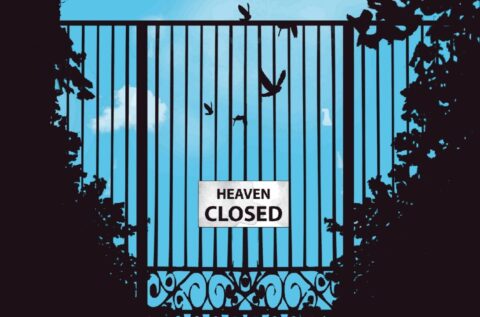In my last post I coined the term “faitheism” which, if I do say so myself, is quite clever. The combining of concepts that at first glance appear contradictory is a pretty Christian thing to do (at least if the union of divinity and humanity in the person of Christ has anything to say about […]
WRITING
Theodicy and “Faitheism”
In his book In Search of Radical Theology, John Caputo offers a unique theodicy to address the fact that the Kingdom of God has not arrived (a theodicy is literally a “defense of God,” usually in response to the so-called problem of evil). There are a couple ways of dealing with this disappointing fact, the […]
Cheat Codes, Grace, and Shiny Happy People
I just picked up a copy of John Caputo’s book, In Search of Radical Theology, and the following passage sort of jumped off the page: Our quasi-Augustinian confession, confessing that there is no big supernatural or transcendental something or other coming over the hill to save us, is the saving. It reminded me of something […]
The Ache of True Joy
If you’ve spent a month or more within evangelicalism you will know that Christian “self help” is a massive industry, and there is a lot of money to be made in guiding people from Point A to Point B. Whether it’s the “Five Stones to Slay Your Life’s Goliaths” or some secret formula for spiritual […]
A Theopoetics of Exile: The Risk of Divine (May)Being
As we approach the end of our series on Exile & Empire, I’d like to explore a bit further something I alluded to earlier. Speaking of the effects of the Jesus story upon humankind, I wrote: Or to put all this in (much) less orthodox terms, maybe there is no external divine Agent accomplishing any of this, […]
A Theopoetics of Exile: Hocus, Pocus, and Kenosis
We have been discussing the death of God and its effects, and I have hinted at how the notion of resurrection might be understood within this paradigm of Exile & Empire that I have been seeking to build. Enough hints, let’s roll up our sleeves and dig in. I will say at the outset that […]





